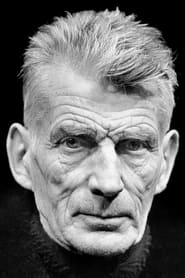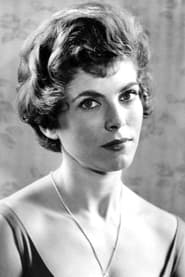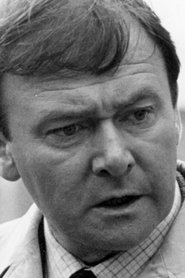
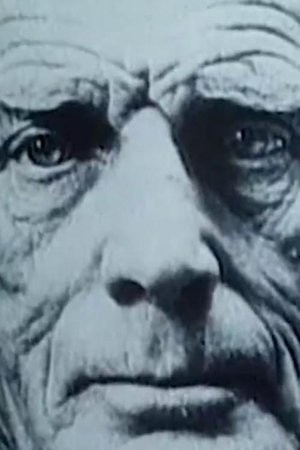
Samuel Beckett: Silence to Silence(1987)
The elusive author of Waiting for Godot cooperated in the production of this portrait, which traces Beckett’s artistic life through his prose, plays, and poetry. Billie Whitelaw, Jack McGowran, and Patrick Magee—Beckett’s great dramatic interpreters—appear in selected extracts from the plays; Beckett specialist David Warrilow narrates a variety of texts.
Movie: Samuel Beckett: Silence to Silence

Samuel Beckett: Silence to Silence
HomePage
Overview
The elusive author of Waiting for Godot cooperated in the production of this portrait, which traces Beckett’s artistic life through his prose, plays, and poetry. Billie Whitelaw, Jack McGowran, and Patrick Magee—Beckett’s great dramatic interpreters—appear in selected extracts from the plays; Beckett specialist David Warrilow narrates a variety of texts.
Release Date
1987-04-15
Average
0
Rating:
0.0 startsTagline
Genres
Languages:
Keywords
Similar Movies
Nobody(es)
Half blind and half deaf, ostraziced Cuban writer Rafael Alcides tries to finish his unpublished novels to discover that after several decades, the home made ink from the typewriter he used to write them has faded. The Cuban revolution as a love story and eventual deception is seen through the eyes of a man who is living an inner exile.
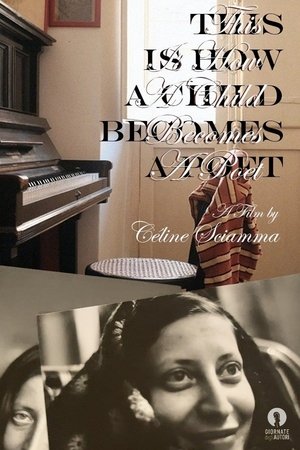 0.0
0.0This Is How a Child Becomes a Poet(fr)
The last day of Patrizia Cavalli’s home. Before it’s all gone.
 8.0
8.0Merton: A Film Biography(en)
In his lifetime, Thomas Merton was hailed as a prophet and censured for his outspoken social criticism. For nearly 27 years he was a monk of the austere Trappist order, where he became an eloquent spiritual writer and mystic as well as an anti-war advocate and witness to peace. Merton: A Film Biography provides the first comprehensive look at this remarkable 20th century religious philosopher who wrote, in addition to his immensely popular autobiography The Seven Storey Mountain, over 60 books on some of the most pressing social issues of our time, some of which are excerpted here. Merton offers an engaging profile of a man whose presence in the world touched millions of people and whose words and thoughts continue to have a profound impact and relevance today.
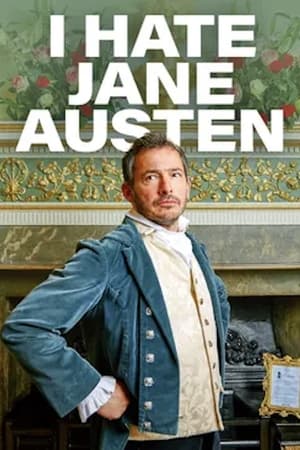 0.0
0.0I Hate Jane Austen(en)
While it may be universally acknowledged that she’s one of the great English writers, Giles Coren breaks down his many reasons for hating Jane Austen.
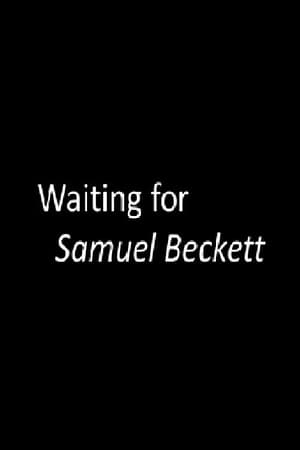 9.0
9.0Waiting for Beckett(en)
Biography and in-depth look of Beckett and his work.
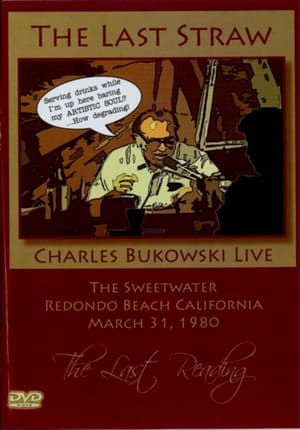 2.0
2.0Bukowski: The Last Straw(en)
The Last Straw is a film documenting the very last live poetry reading given by Charles Bukowski at The Sweetwater, a music club in Redondo Beach, California on March 31, 1980
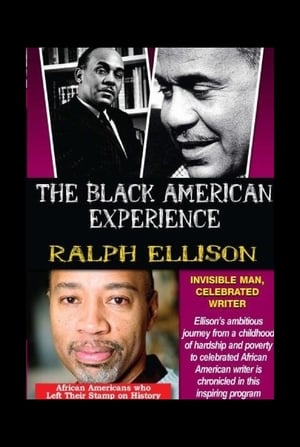 3.2
3.2Ralph Ellison: Invisible Man, Celebrated Writer(en)
Ralph Ellison was an African-American writer and essayist, who's only novel Invisible Man (1953) gained a wide critical success. Ellison's ambitious journey from a childhood of hardship and poverty to celebrated African American writer is chronicled in this inspiring program through exclusive interviews and personal recollection.
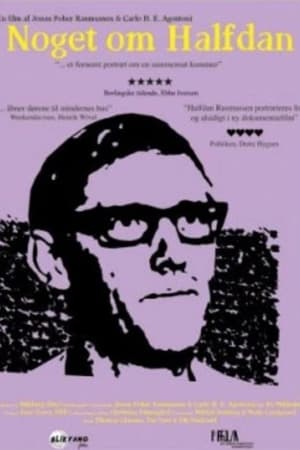 0.0
0.0Something About Halfdan(da)
A moving portrait of one of the most loved and read Danish poets, Halfdan Rasmussen. The film covers both the early years with poverty and wartime on to success and the humorous nonsense verses that has made Rasmussen one of the most read authors in Denmark.
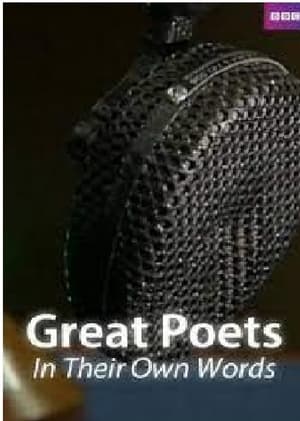 0.0
0.0Great Poets: In Their Own Words(en)
A journey into the BBC archives unearthing glorious performances and candid interviews from some of Britain's greatest poets.
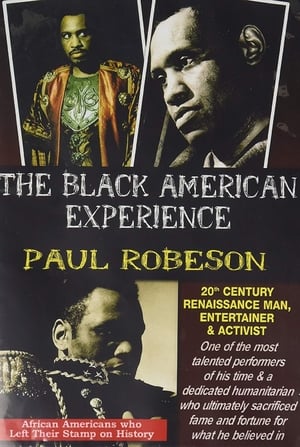 0.0
0.0Paul Robeson: 20th Century Renaissance Man, Entertainer & Activist(en)
Paul Robeson was a celebrated African-American Actor, Athlete, Singer, Writer, and Civil Rights Activist. Robeson's many achievements are chronicled in this program, ranging from playing with the NFL to graduating from Columbia Law School, performing on Broadway and in Hollywood films to founding the American Crusade against Lynching as well as Council on African Affairs. Robeson was one of the most talented performers of his time and a dedicated humanitarian who ultimately sacrificed fame and fortune for what he believed in. His association with Leftist Politics during the era of the Cold War, and frequent denouncing of American political parties led to his eventual blacklisting with other prominent writers and artists during the McCarthy Era. His talents in all areas are remarkable, and his dedication to attaining a peaceful coexistence between all the people of the world is truly admirable.
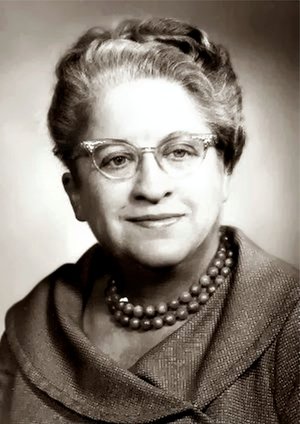 0.0
0.0Gravel In Her Gut and Spit In Her Eye(en)
Dorothy Johnson was a Western writer ahead of her time. Women saved men, heroes died unwept and unsung, whites lived with Indians and benefited from the experience. Three of her stories were made into films and many critics consider "The Man Who Shot Liberty Valance" to be the cornerstone of the modern western. This documentary looks back on Dorothy's life, and her place in history.
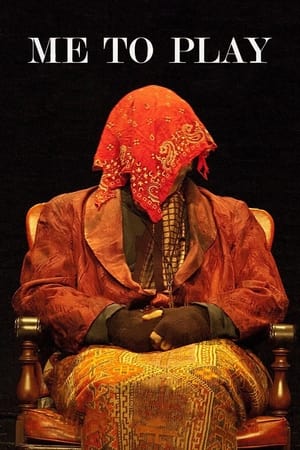 0.0
0.0Me To Play(en)
As their bodies give way to Parkinson's disease, two New York actors put their hearts into one final Off-Broadway production of Beckett's "Endgame," the play that posits, "there's nothing funnier than unhappiness."
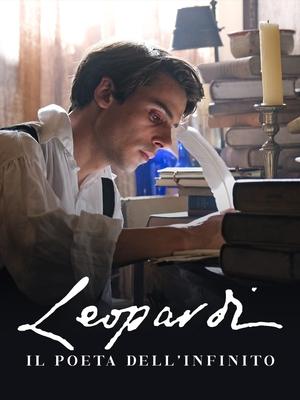 6.2
6.2Leopardi. The Infinity Poet(it)
Showcases the life of Giacomo Leopardi, an Italian poet known for his melancholic verses on fleeting happiness, existentialism, and human suffering.
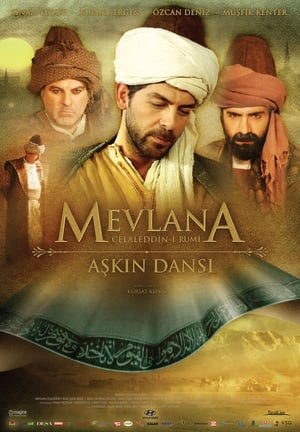 4.1
4.1Rumi: The Dance of Love(tr)
A dramatised documentary about the life of Rumi, a Persian mystical poet whose images of universal love and divine mystery continue to be celebrated more than 700 years after his death.
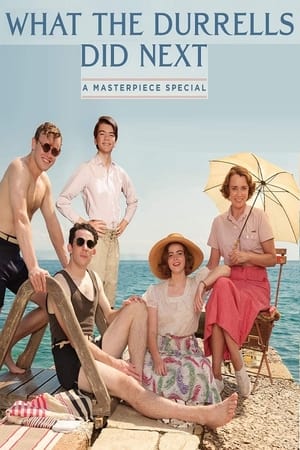 6.4
6.4What The Durrells Did Next(en)
Hosted by Keeley Hawes, star of the popular television series The Durrells, this documentary reveals the adventures of the eccentric Durrell family once they left Corfu, Greece.
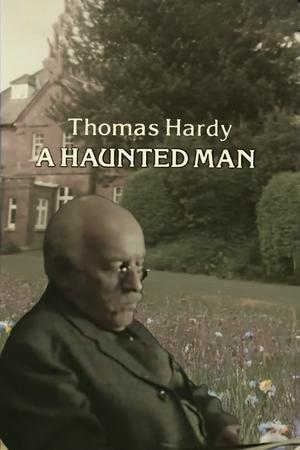 10.0
10.0Thomas Hardy: A Haunted Man(en)
Drama documentary from 1978 exploring the private feelings of novelist Thomas Hardy through the poems of love and remorse that he wrote after the death of his first wife, Emma.
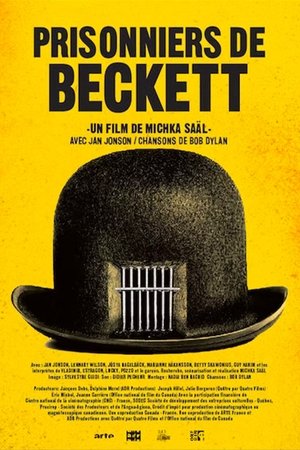 0.0
0.0Prisoners of Beckett(fr)
The meeting of two worlds that never met. One of poetry and freedom, and the other of silence and darkness. A story that begins in a maximum security prison in Sweden where a young actor, Jan Jönson, decides to stage " Waiting for Godot "with five prisoners as actors.
This Beggar's Description(en)
It's a sensitive, moving doc chronicling the life of Tétrault's brother Philip , a Montreal poet, musician and diagnosed paranoid schizophrenic. A promising athlete as a child, Philip began experiencing mood swings in his early 20s. His extended family, including his daughter, share their conflicted feelings love, guilt, shame, anger with the camera. They want to make sure he's safe, but how much can they take?
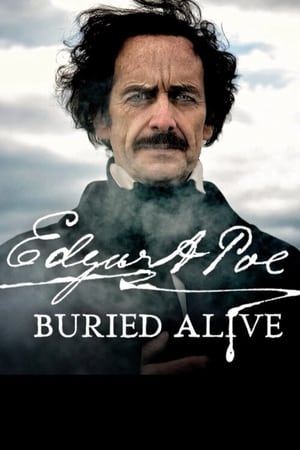 7.2
7.2Edgar Allan Poe: Buried Alive(en)
How the inventor of the detective story became his own greatest mystery.
 0.0
0.0Hideaway(cs)
Documentary portrait of the poet Karla Erbová is a confession of a creative personality who, despite many twists and turns in life, remains true to her ideals and moral values. We witness the final year of the author's life, during which, even at the age of ninety, she continues to engage in public appearances and, above all, actively works on her craft. Through letters that Erbová wrote to her friend, the film offers an intimate, often self-deprecating reflection on old age, solitude, and relationships with loved ones, as well as an indomitable faith in poetry. The film "Ulita" not only highlights the pivotal moments of her life but also serves as a sociological exploration of the lives of the oldest generation.
